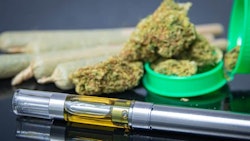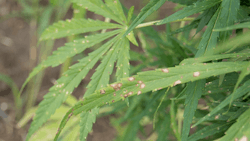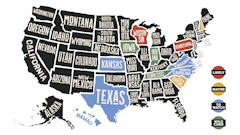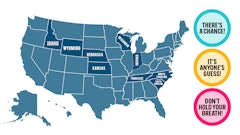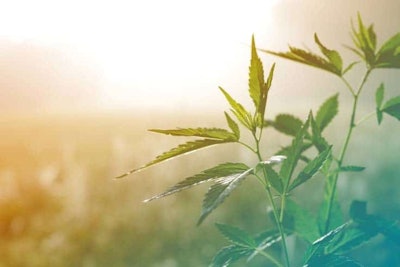
Indiana’s Senate Bill 209 died in the 2022 legislative session because of worries that the bill’s language would go as far as to outlaw CBD oil.
Republicans proposed the bill to the General Assembly which sought to change the definitions of drug schedules in Indiana by altering “delta-9 THC” in Indiana law to simply say “THC,” thus removing the legal grey area that allows delta-8 products, also known as “weed light” to some in the industry, to be sold by CBD retailers across Indiana. If the bill passed, individual hemp farmers and retailers risked losing $1 million dollars in business.
From a federal standpoint, delta-8 is legal if it’s derived naturally from hemp plants. However, in 2021, the FDA announced warnings about the potential health risks of delta-8 products. “The CDC states that the health effects of delta-8 THC have not yet been researched extensively and are not well-understood,” the statement says. “However, delta-8 THC is psychoactive and may have similar risks of impairment as delta-9 THC.” The CDC also cites other warnings including mislabeled products that don’t appropriately advertise the psychoactive effects of delta-8, an increase in calls to the center of poison control after taking delta-8 products, risks of contamination during manufacturing, and marketing that appeals to children.
20 states have already banned, restricted, or regulated delta-8, including those that already legalized medicinal or adult-use cannabis. Two of Indiana’s neighbors, Kentucky and Michigan are included on that list.
For now, Indiana CBD dispensaries and retail shops that sell delta-8 products across the state can sigh in relief, but only temporarily. The General Assembly plans to take it up again in 2023.










